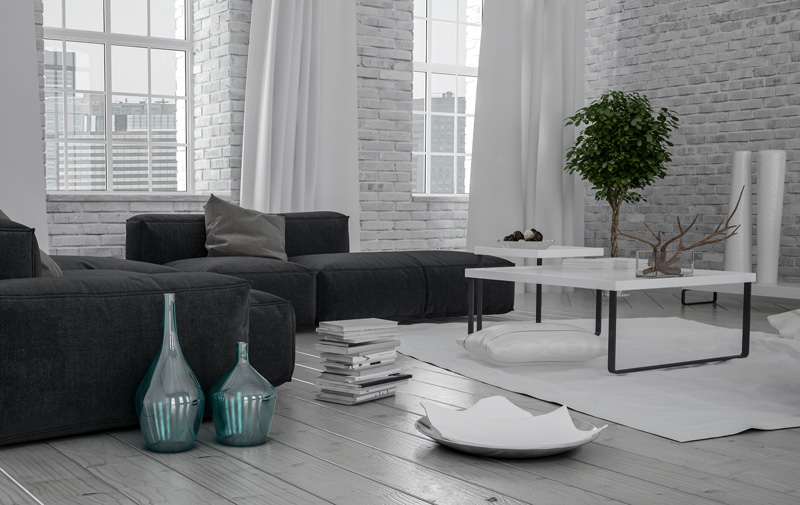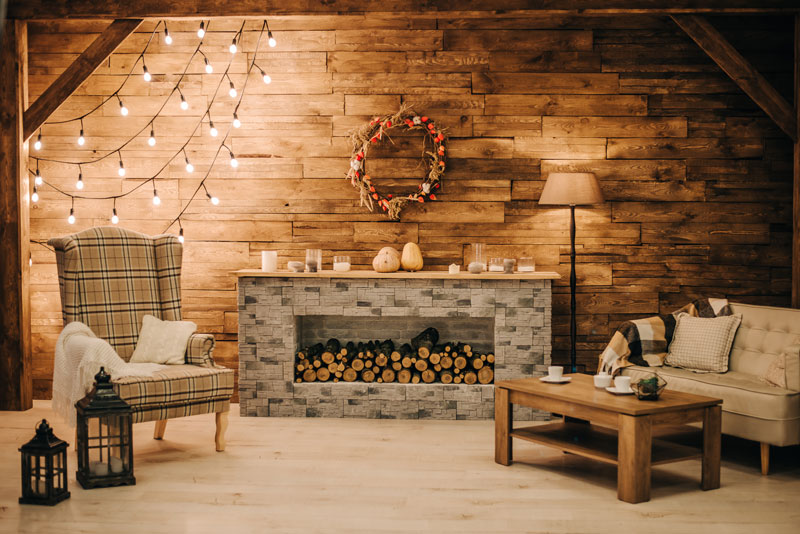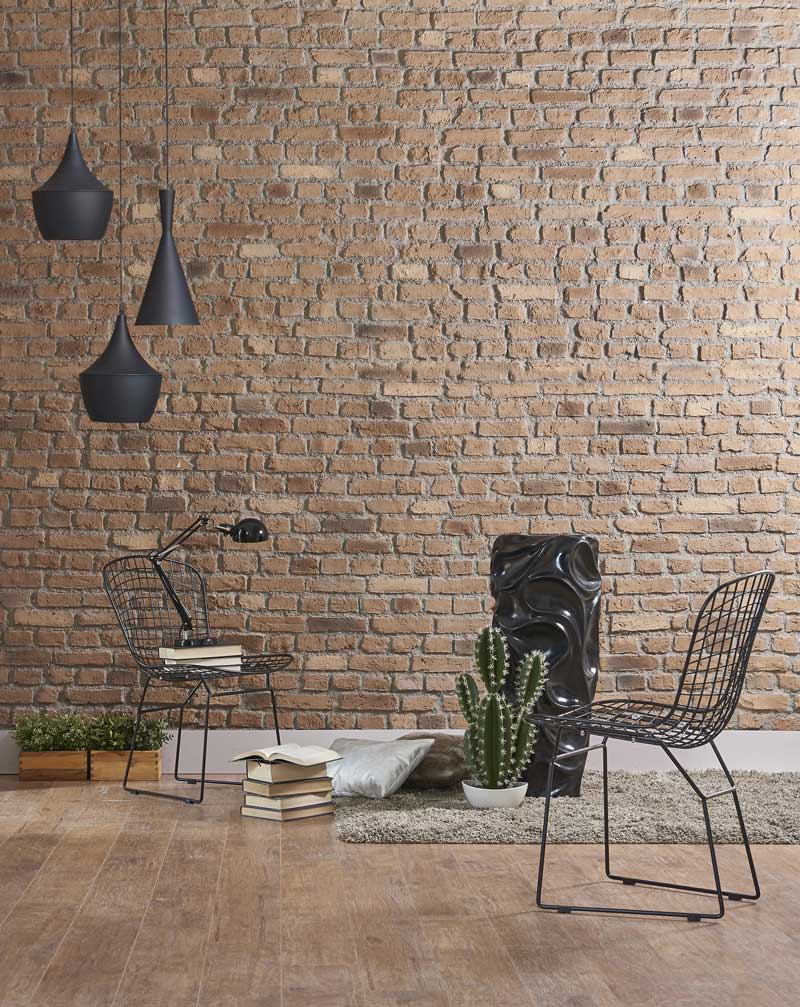Due to the wide selection of flooring materials in the market today, choosing the perfect flooring material for your home or office doesn’t have to be difficult. The more popular choices in the market are wood flooring, tiles, and vinyl; additional choices are available in each type of flooring material. Wood flooring can include birch, teak, or maple, tiles can be ceramic, stone, or marble, and vinyl flooring can either come in tiles or sheets. The choices for flooring materials are never-ending, and your only limitation could be your choices and tastes, budget, and the requirements of your family or office.

The Advantages of Wood Flooring
Using wood flooring has bigger advantages than the other flooring materials. Its simplicity can instantly add beauty to your home. Wood flooring makes your home attractive and provides a traditional and warm touch. It looks elegant, and its neutral color and style makes decorating easier. Wood is very easy to complement and decorate. Whether your style is rustic country or contemporary, wood will suit your decorations and furnishings. By using wood flooring in your living room, the area will look cozy, inviting, and pleasant. If you use it in the bedrooms, they will feel relaxed, romantic, and dreamy. Given the proper care and maintenance, wood flooring is also very durable and can last a lifetime.
Installing Wood Flooring
Wood flooring can be installed easily. Today, manufacturers have developed installation systems that consumers can easily use to install by themselves in their homes at their own time and pace. More and more do-it-yourself (DIY) kits and packages get introduced in the market today and these are excellent alternatives for people who are interested in DIY projects. It also reduces the hassle of finding professional help to install wood flooring, not to mention the high costs that these people charge.
Simple Maintenance
Maintaining wood flooring is also easy. Dirt can be wiped away with a soft, damp, rug, and cleaning solutions specific for wood flooring are widely available for more serious problems such as oil spills or wax drips. Scratches and cuts can be sanded out from time to time, so the floors will achieve the same look as they were when they were installed. Extending the life of your wood flooring is fairly easy, too. Avoid water spills as wood tends to warp when they get wet. Wipe spills right away so they do not stain the wood. Also, protect wood flooring from the damages of sunlight as light can make the wood fade and lose their original luster. Place rugs and carpets in high traffic areas of your home to minimize scratches and scuffs.
A Few Cons
Wood flooring has big advantages, but it can also prove to be disadvantageous to others. Wood is difficult to maintain in regions where the air humidity is high because wood flooring responds quickly to changes in relative humidity. They will either expand or contract, causing breakage and cracks. Wood flooring is also impractical to use in areas such as kitchens because these areas tend to get wet and messy, especially if the wood is unfinished. If there are children in the house, wood flooring is prone to more serious damages such as stains, scratches, cuts, and scuffs. Wood flooring is also prone to damages brought by furniture. For others, periodic re-sanding may pose another difficulty, as they are not trained for the task.
Wood flooring, like other flooring materials, has its share of pros and cons. However, choosing and using wood is good for the environment. It is sustainable, recyclable, and it can simply outlast the lifespan of other flooring materials.


